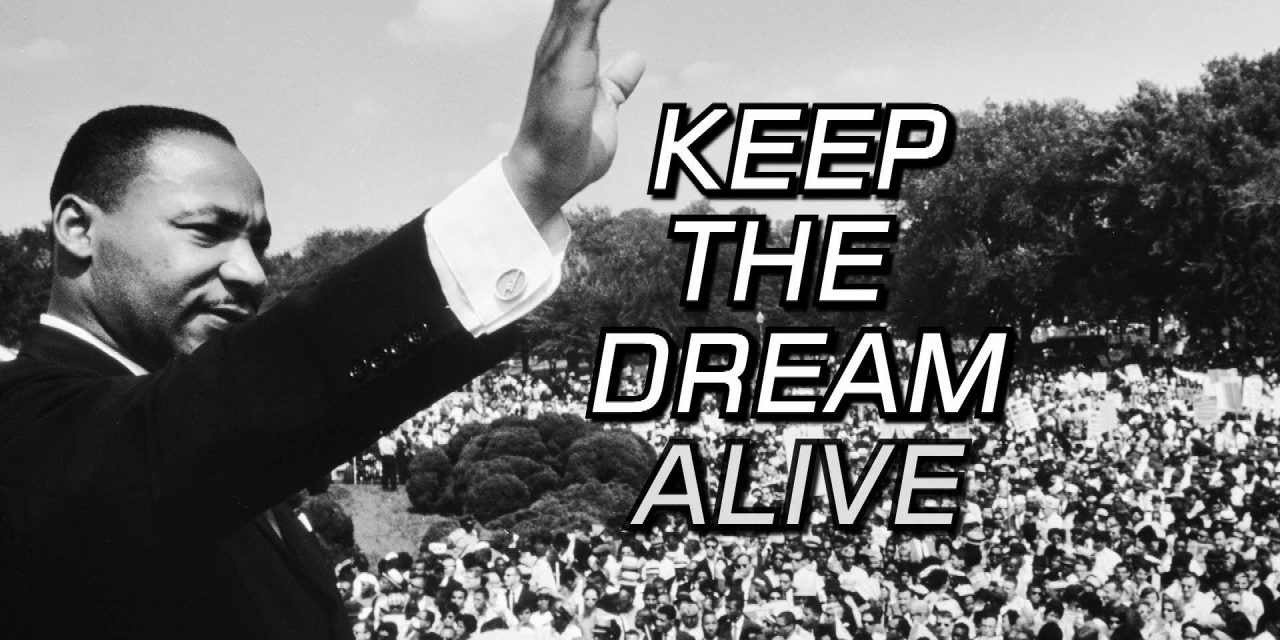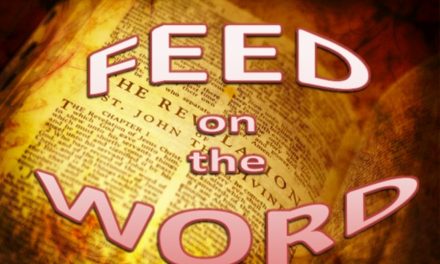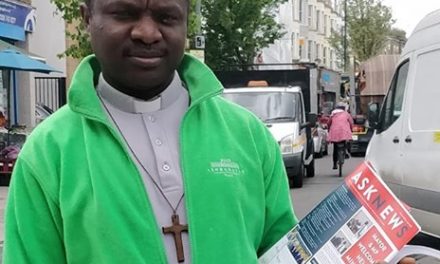“I’ve seen the promised land. I may not get there with you. But I want you to know tonight, that we, as a people, will get to the promised land. And I’m happy tonight. I’m not worried about anything. I’m not fearing any man. Mine eyes have seen the glory of the coming of the Lord” – Martin Luther King Jr
Fifty years ago, April 4, 1968, a leap year, a Baptist minister and founder of the Southern Christian Leadership Conference (SCLC), Martin Luther King Jr was assassinated in Memphis, Tennessee. 50 years after, the assassination still tragically reverberates around the world. It is on record that ‘King had led the civil rights movement since the mid-1950s, using a combination of impassioned speeches and nonviolent protests to fight segregation and achieve significant civil-rights advances for African Americans. His assassination led to an outpouring of anger among black Americans, as well as a period of national mourning that helped speed the way for an equal housing bill that would be the last significant legislative achievement of the civil rights era.’ King’s mainstream civil rights movement and the nonviolent pursuit of integration was against violent approach of Malcolm Little, son of a Baptist minister who later became the activist and outspoken public voice of the Black Muslim Faith.
Malcolm, born in 1925, a follower of Marcus Garvey was a charismatic and eloquent speaker who later ‘changed his last name to ‘X’ to signify his rejection of his “slave” name. Malcolm in reaction to the killing of his father by the Klan-like Black Legionaries encouraged his followers to defend themselves against white aggression “by any means necessary.” Until Malcolm X died in 1965, he combined Islam with black nationalism. King’s advocacy of nonviolence was against Malcolm X’s confrontational approach to seeking change and this led to mounting criticism from young African-American radical activists. For Malcolm X and his followers, King’s approach is “criminal” in the face of the continuing repression suffered by African Americans. The division between King and Malcolm X inspired King to seek non-racial appeal and support by ‘speaking out publicly against the Vietnam War and working to form a coalition of poor Americans—black and white alike—to address such issues as poverty and unemployment.’
At the age of 39, King’s historic speech on the night of April 3, 1968 at the Mason Temple Church in Memphis in support of a sanitation workers’ strike goes beyond his ideological difference with Malcolm X’s followers and many would like us to believe.The sniper’s bullet that struck King in the neck a day after his speech at the second-floor balcony of the Lorraine Motel is argued to be a professional act. Despite President Lyndon Johnson’s appeal to Americans to “reject the blind violence” that had killed King, whom he called the “apostle of nonviolence,” after 50 years, the question remains, who killed King? The conspiracy that surrounded King’s assassination goes beyond a small-time criminal named James Earl Ray arrested at London’s Heathrow Airport. According to King’s widow, Coretta Scott King, “America will never have the benefit of Mr. Ray’s trial, which would have produced new revelations about the assassination…as well as establish the facts concerning Mr. Ray’s innocence.” Fifty years after King’s assassination, beyond the mourning by blacks and white, ‘the killing in some ways served to widen the rift between black and white Americans, as many blacks saw King’s assassination as a rejection of their vigorous pursuit of equality through the nonviolent resistance he had championed.’ King’s legacy as the face of the civil rights movement and an African-American leader continue to influence ‘many moderate African-American activists, fuelling the growth of the Black Power movement and the Black Panther Party in the late 1960s and early 1970s.’
Celebrating and remembering King in the America’s age of Trump suggests King as ‘Trumpet of Conscience.’ The reflection is, what would King do or say about President Trump usage of crude words to describe Haiti and African countries? Celebrating 50 years of King’s assassination call for a repentance and stop “a volcanic eruption of hate speech spewing” from the president. King’s legacy is a guiding light for an inclusive America. On the approximately 800,000 people protected under Deferred Action for Childhood Arrival (DACA), known as “Dreamers,” what would King say or do about Trump’s vents anger on immigrant programme? What would King do or say about Trump’s Easter tirade and aggressive tweet, “DACA is dead because Democrats didn’t care or act, and now everyone wants to get onto the DACA bandwagon … No longer works. Must build the wall and secure our borders with proper Border legislation…”? What would King say of Trump who after an hour wishing the world happy Easter, followed it up by dashing ‘any lingering hopes of a deal to protect hundreds of thousands of young undocumented migrants who arrived in the US as children. King’s legacy 50 years call for a rethink on Trump’s threat to put an end the North American Free Trade Agreement (Nafta) with Mexico and Canada; and’ his call ‘on congressional Republicans to force through a vote on tougher immigration law.’











Recent Comments